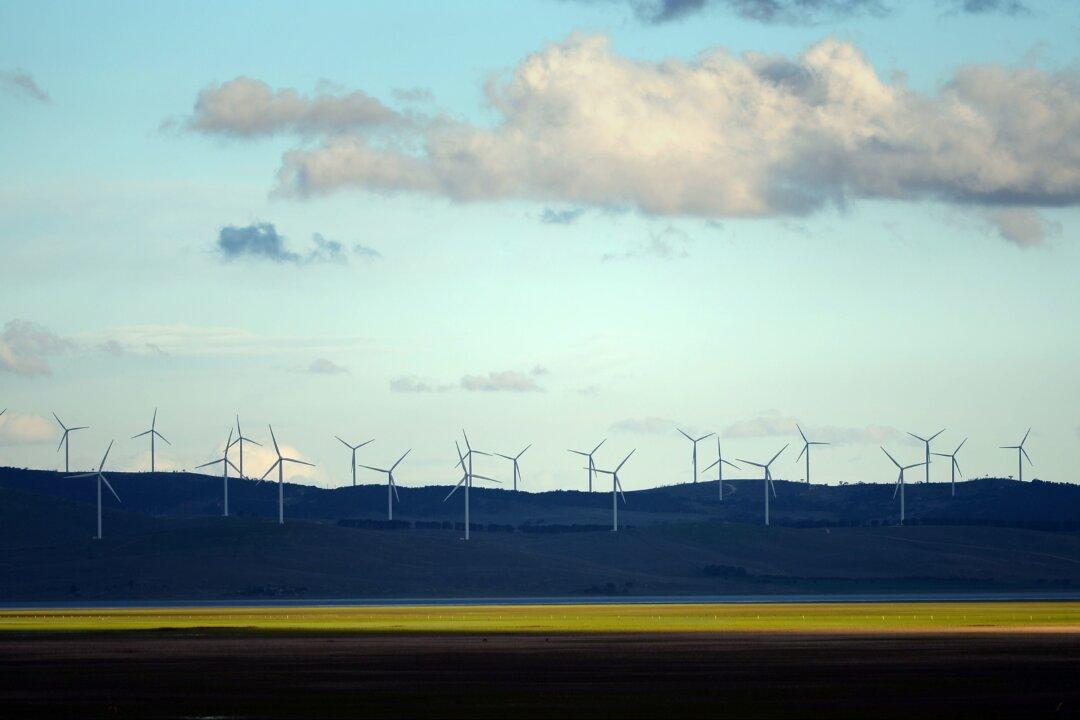Australia’s new energy minister Angus Taylor outlined his plan to reduce power prices in a speech to the Council of Small Business Australia delivered Aug. 30.
He reiterated the government’s chief goal, which is to “reduce prices while keeping the lights on.”




